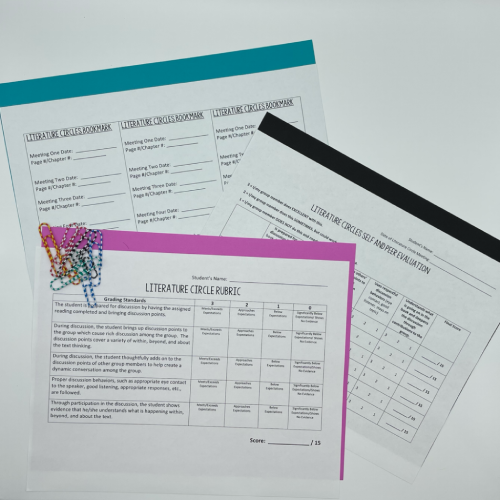Three weeks ago I lost a piece of my heart. I found out about six months ago that my dog, Inga, was born with undeveloped kidneys and that she was not expected to have a long life. Shortly after her first birthday, her condition worsened, and she passed away. For the time on earth that she was here, she was the happiest little girl, full of energy and love. She got excited about everything: a visitor, going over to her “grandma and grandpa’s house”, a car ride, a taste of people food, going for a swim at the lake. Beyond being a pet, she was definitely my companion. Each night she slept cuddled up right next to me. Now that she’s gone, there are moments when I forget she isn’t there and expect her to be: when I’m driving I can sometimes still feel her head on my shoulder, in the morning I wake up and naturally expect to see her there next to me, and when I go outside I feel so alone not having her there chasing after me. The love one can develop for a pet is so strong, they are such an intertwined part of your every day life. For me, not having children yet, she was my baby. I find myself having moments at work when I get so involved in what I’m doing, or when I’m out and about laughing and having fun with friends it seems like it never happened, but then I eventually go home and am reminded that she’s not here. It breaks my heart every time.
One of my coping mechanisms over the last few weeks has been to write. I’ve written letters to her, journal entries, poems, etc. It has been the most calming thing to me since she has passed away. One of my favorite books that I’ve read about Writing Workshop is the book, Notebook Know-How by Aimee Buckner. In the book, she talks about getting students to find their “writing territories”. I think this is so key in hooking students into writing, having them find five to ten topics that they’re passionate to write about and go back to over and over again. For many teachers, myself included, I think I tend to model “happy” writing. Writing about pleasant memories or funny memories. What I’ve realized over the last few weeks is that we as teachers cannot be afraid to model writing about experiences that aren’t positive. Sad moments, sickness, embarrassing stories, death, things that have made you angry, etc. These are all topics that can really pull passionate writing out of people. Not only that, but teaching students to use writing to preserve memories and get out feelings teaches a purpose for writing different from the average “how to write an essay” type of writing. It teaches students that writing can be for yourself, it can be personal. It essentially teaches students to be lifelong writers.
Helping students find their writing territories by modeling and sharing your writing that shows a multitude of emotions will encourage them to do the same. A neat pre-writing activity that writers within your classroom could do in their Writer’s Notebooks could be asking students to space out the following emotions on a blank page: surprised, happy, angry, sad, embarrassed. Next, ask them to list memories that they associate with each emotion. After that, they can use the list to write out an entry on specific memories. Who knows what the entries could turn into: a poem, a memoir, a fiction story, a research paper. Having middle school students think about emotions is a great activity for them, especially because they are QUITE emotional at this age ;).
After careful review of my Writer’s Notebook, here are my top five writing territories:
1. Relationships
2. ACL’s (I tore both of mine in high school basketball)
3. Lake Days/ Summer
4. My Pets
5. Duluth, MN
Since I’m trying to be a little braver with sharing my own writing, I’m going to include a poem that I was inspired to write about Inga:
Inga
When I think of you and me,
I know it was our destiny.
You had my heart from the very start,
between your dark eyes
and the way my heart broke
every time I had to say good-bye.
The most loyal friend
Until the very end.
I know you didn’t want to go away,
but it hurt too bad for you to stay.
You fought so hard and were so brave,
I thought there was a chance for me to save
you from what was your fate.
I miss your head snuggled on my feet,
Sleeping so close I could feel your heart beat.
Saying good-bye to you
felt like I was losing my best friend.
I wasn’t ready for it to be the end.
Selfishly I wanted to keep you here with me,
but now the pain is gone and you are free.
Chasing the birds and the squirrels and the cats.
Running in butterfly fields and taking afternoon naps.
My heart feels so empty without you here,
but when I close my eyes, I can still feel you near.
I have to believe that there will come a day
Where it will no longer be my time to stay,
and I’ll travel way up to the place where you are.
Way above the clouds and the sky and the stars.
Right now I don’t know why you couldn’t stay,
but maybe it will all make sense one day.






